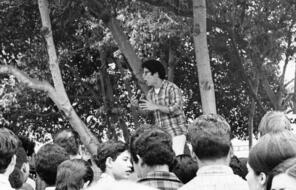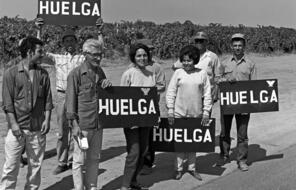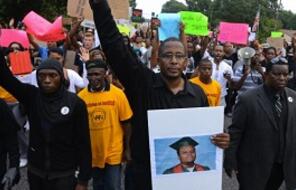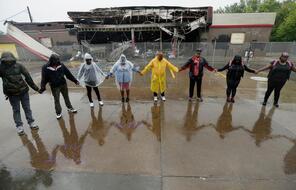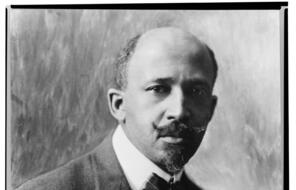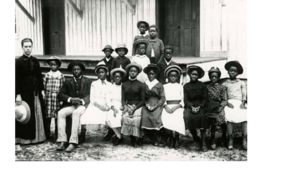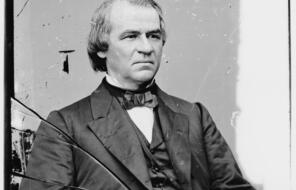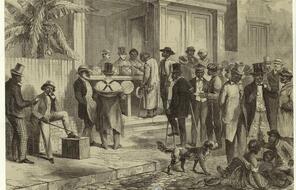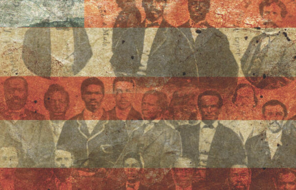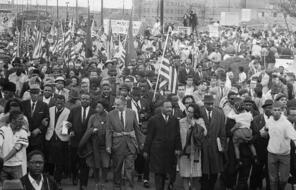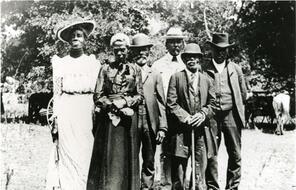A Right to the Land
At a Glance
Subject
- History
- Democracy & Civic Engagement
- Racism
In 1866, after Army officials forced freedman Bayley Wyatt to vacate the Virginia land he had occupied since the end of the war, he argued at a public meeting for freedpeople’s right to the land as follows:
We now, as a people desires to be elevated, and we desires to do all we can to be educated, and we hope our friends will aid us all they can . . .
I may state to all our friends, and to all our enemies, that we has a right to the land where we are located. For why? I tell you. Our wives, our children, our husbands, has been sold over and over again to purchase the lands we now locate upon; for that reason we have a divine right to the land . . .
And then didn’t we clear the land and raise the crops of corn, of cotton, of tobacco, of rice, of sugar, of everything? And then didn’t them large cities in the North grow up on the cotton and the sugars and the rice that we made? Yes! I appeal to the South and the North if I hasn’t spoken the words of truth. I say they have grown rich, and my people is poor. 1
- 1 Roy E. Finkenbine, Sources of the African-American Past: Primary Sources in American History, 2nd ed. (Pearson, 2003), 88.
Get the Reading
How to Cite This Reading
Facing History & Ourselves, "A Right to the Land," last updated March 14, 2016.
This reading contains text not authored by Facing History & Ourselves. See footnotes for source information.

